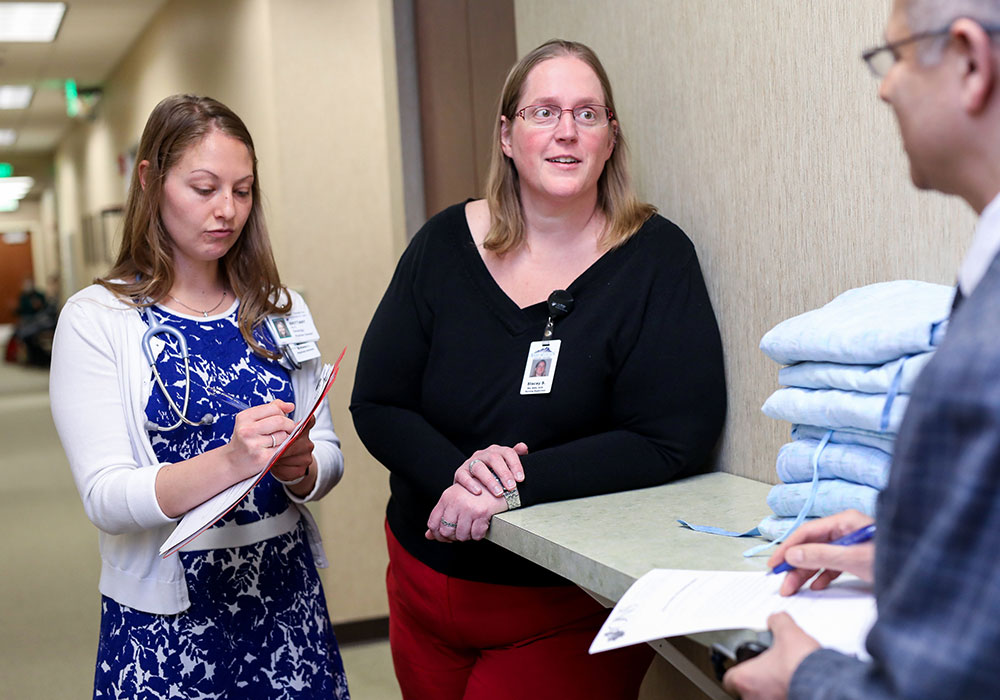Candida auris is a multidrug-resistant yeast that is known to cause invasive infection and death. It first emerged in June 2016 and continues to present itself as a serious global threat. According to the Centers for Disease Control and Prevention (CDC), throughout 2017, healthcare facilities in multiple countries report serious illnesses caused by C.auris in hospitalized patients.
The fungi's ability to resist common antifungal agents such as fluconazole, voriconazole, and amphotericin B, as well as its ability to survive on surfaces in healthcare environments and spread between patients, is of great concern to healthcare professionals.
In confirmed U.S. cases, C. auris was cultured and confirmed most commonly among blood and urine samples, the respiratory tract, bile fluids, wounds, and central venous catheters. Environmental testing confirmed presence of the organism on mattresses, windows, chairs, and infusion pumps, among other hard surfaces.
Testing for C. auris his performed through swabbing groin, axilla, and in some cases, the nose, urine or ears; however, in most cases the axilla and groin are the consistent sites of colonization.
Vital Information for Healthcare Providers
- Healthcare facilities that suspect a patient has C. auris should contact state or local public health authorities and the CDC immediately for guidance.
- Both standard and contact precautions should be taken when caring for patients colonized or infected with C. auris. for as long as the patient remains colonized.
- Most known infections are hospital acquired and occur several weeks into an inpatient stay.
- Affected patients have developed bloodstream infections, wound infections, and ear infections.
- Gloves are not a replacement for hand hygiene, which should be performed after glove removal to reduce the spread of C. auris.
- Infected and colonized patients should be cared for in a private room.
- Daily and terminal cleans of the patient's room should be performed using disinfectants effective against Clostrdium difficile spores.
- Infectious disease consultation is highly recommended when caring for patients with C. auris infection.
- Receiving healthcare institutions should be informed of C. auris status when transferring infected or colonized patients.
The following CDC links are good educational resources for healthcare workers regarding infection control principles, risk factors, and diagnostic and treatment recommendations related to C. auris.






